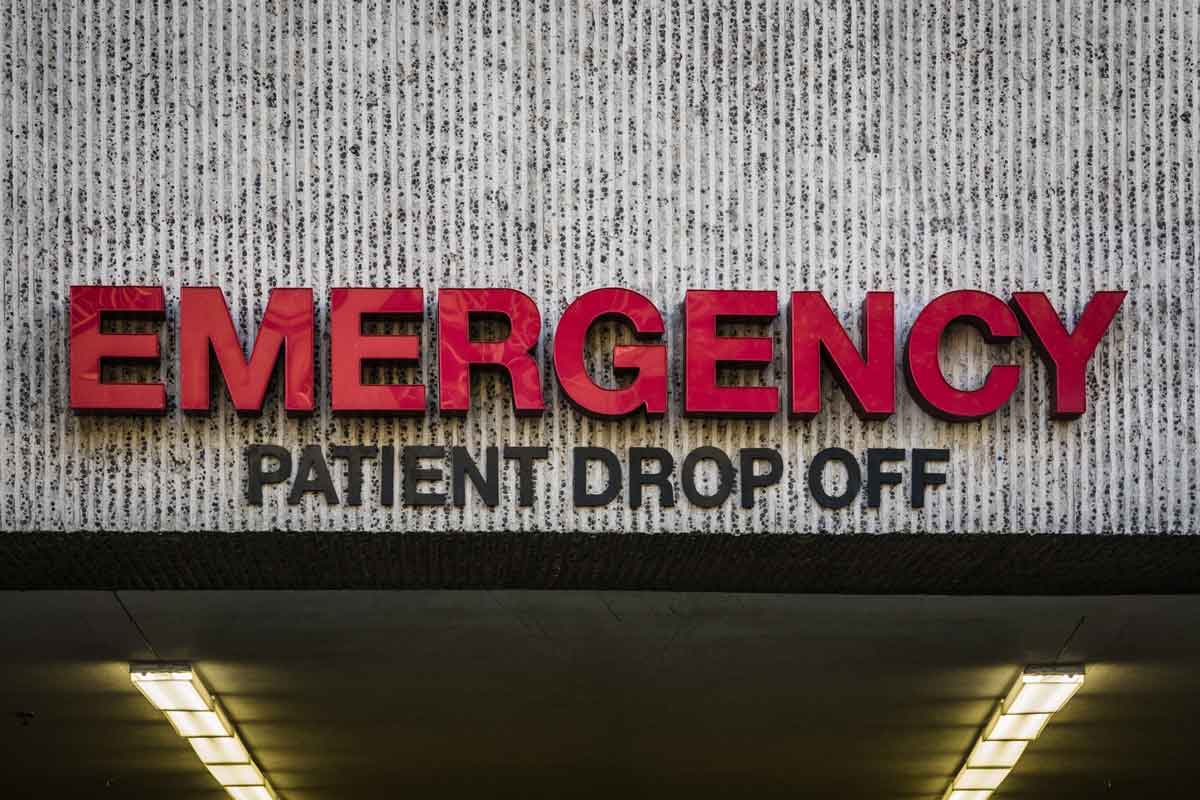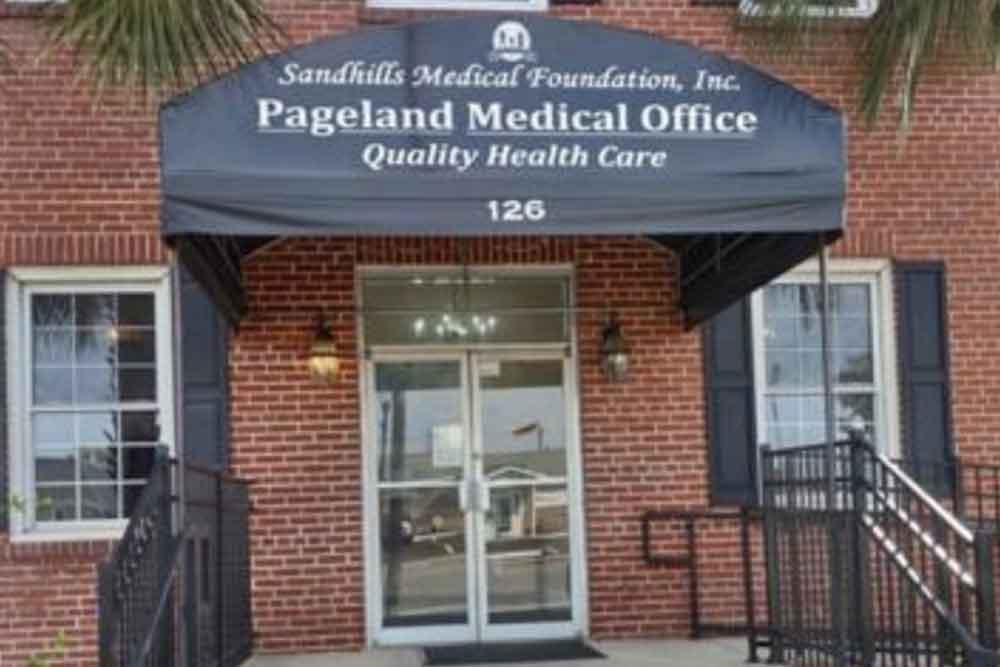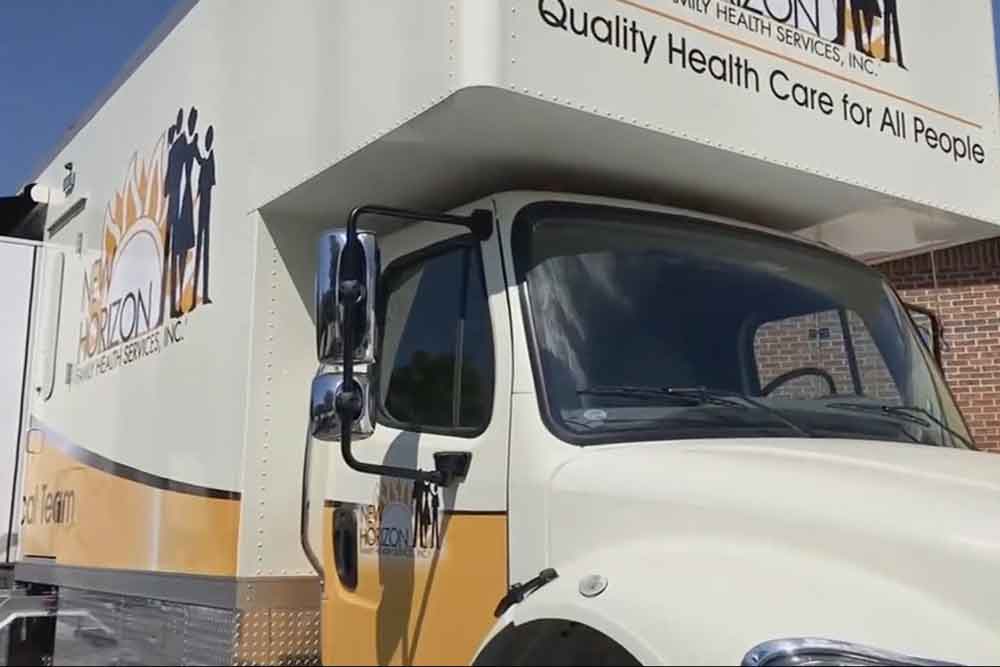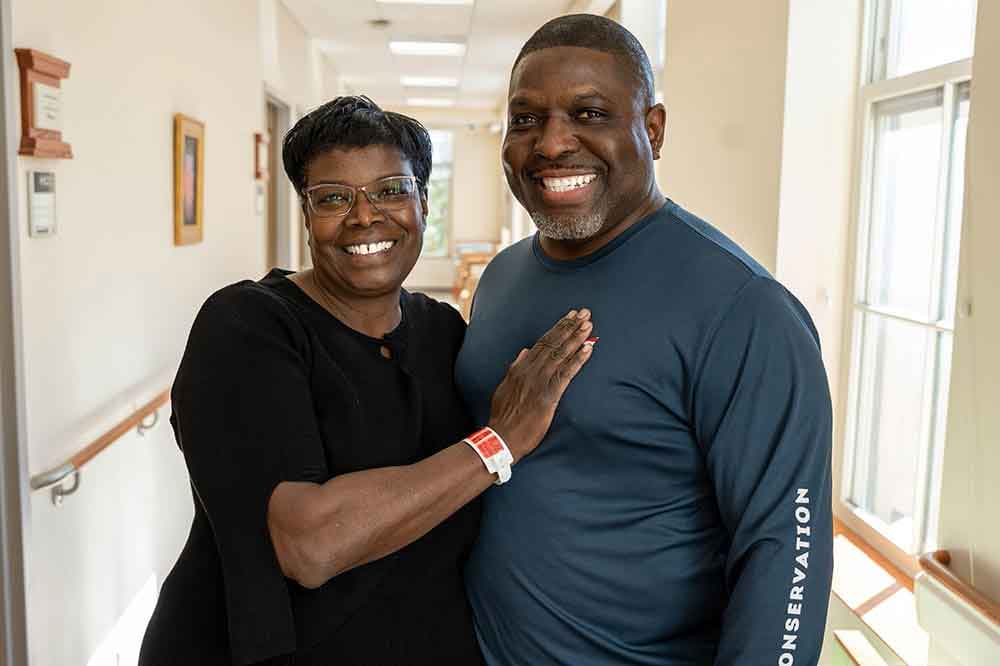
Source: Greenville News
Published: March 2, 2020
CIMS Partner Center: New Horizon Family Health Services
The Greenville News’ Feb. 2 article, “Research questions efforts to curb ER use,” examined the effectiveness of Community Health Workers in reducing preventable emergency room (ER) visits by individuals deemed high utilizers of high-cost hospital ER services.
Community Health Centers such as New Horizon Family Health Services (NHFHS), have provided quality, affordable, patient-centered, comprehensive primary and preventative health care to vulnerable populations for more than 50 years and pioneered the use of Community Health Workers.
Nationally, Health Centers deliver care to more than 29 million people, produce $26 billion in annual health system savings, reduce unnecessary hospitalizations and visits to the ER, and serve one in five Medicaid beneficiaries at a 24% lower cost compared with other providers.
NHFHS has served the Upstate since 1992 and provides health care to more than 28,000 individuals regardless of their insurance status. Patients can access a variety of services, including primary medical, dental, behavioral health, pharmacy and laboratory services. NHFHS’ Health Care for the Homeless Program and Ryan White Program serve more than 2,500 patients in 13 counties and more than 1,200 patients in 10 counties, respectively.
In the Upstate, NHFHS produces an estimated $29 million in annual savings to our local health-care delivery system by offering a more cost-effective way to provide care to our community. More than 40% of our organization’s patients are uninsured. Many struggle with social, economic or environmental factors that create barriers to health care access.
Using a community-oriented integrated care model, NHFHS’ primary-care providers connect patients with our Care Management Team to overcome medical and non-medical issues adversely affecting their health. Care Advocates assist patients with issues such as lack of health insurance, transportation challenges, inadequate housing, and food insecurity. Patients are connected with other community organizations for resources to enhance their health and well-being.
Those diagnosed with chronic conditions such as diabetes or high blood pressure receive education and self-management tools from NHFHS’ Nurse Patient Care Coordinator/Educator. Our team works to fill any gaps in care that a patient may have, such as needing an annual wellness assessment or missing immunizations. Patients become more engaged with their care, which improves health outcomes. When a patient does visit the ER, our team is notified and coordinates follow-up care as well as any additional health education or services needed to prevent future unnecessary ER visits or hospital admissions.
NHFHS’ in-house pharmacy offers affordable prescriptions, and our pharmacists provide detailed instruction on how to properly take medications. A licensed dietitian offers one-on-one patient guidance for conditions related to diet. Patients needing primary care services during evenings or weekends can receive care at a NHFHS location offering extended hours instead of visiting the ER.
Individuals experiencing homelessness who are too sick to stay in a regular shelter but no longer require hospitalization are referred by local hospitals to NHFHS’ Medical Respite Care Program. The program, launched in 2019 through a partnership with Miracle Hill Ministries, is the first in-shelter Medical Respite Care Program in the state and reduces ER visits and hospital readmissions by providing patients with a safe place to recover. Patients receive medical support from a Medical Respite Care Nurse and a Care Advocate who work to connect the individual with resources such as housing and employment.
At NHFHS, we see firsthand the significant impact that community-oriented primary care makes in reducing overall costs of care, keeping patients out of costlier health care settings, and improving patient health outcomes and population health. As others join the conversation, we look forward to working together to improve the health of the communities we serve.
To learn more about NHFHS and the work we do, visit www.newhorizonfhs.org.
Regina M. Mitchell, MHA, FACHE is president and chief executive officer of New Horizon Family Health Services, Inc.





